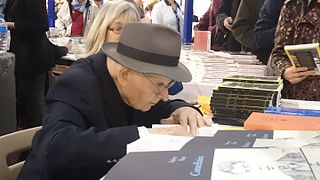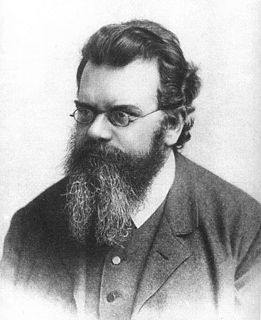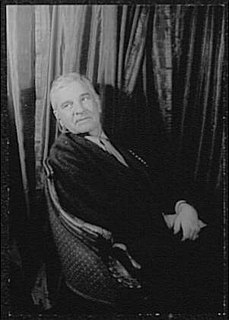A Quote by H. L. Mencken
Philosophy first constructs a scheme of happiness and then tries to fit the world to it.
Quote Topics
Related Quotes
Therefore, philosophy does not give sense in mind happiness. It keeps in mind the only truth. However, it is very possible that the truth may be painful, may be distressing, may be destructive of happiness or makes it impossible. Religion, unlike philosophy, is under the category of the useful one. It promises happiness and says what it is necessary to do and what it is necessary to be to deserve or to obtain it. Consequently, illusion is more important than truth if it gets happiness.
You may be trying to attain power in this world, then you start trying to attain power in that world. First you want to attain wealth in this world, then you try to attain wealth in that world. But you remain the same, and the mind and the functioning and the whole scheme remains the same: Attain! Reach! This is the ego trip. The achieving mind is the ego.
Effective altruism is a philosophy and social movement which tries to work out the most effective ways to improve the world. Effective altruists - conform to old-school utilitarian principles - consider all causes and actions, and then act in the way that they believe brings about the greatest positive impact.
Remember one thing: the one who brings unhappiness to others in the end becomes unhappy himself, and the one who brings happiness to others in the end reaches to the heights of happiness. That's why I am saying that someone who tries to give happiness develops the center of happiness inside himself, and someone who tries to bring unhappiness to others develops the center of unhappiness inside himself.
The most ordinary things are to philosophy a source of insoluble puzzles. With infinite ingenuity it constructs a concept of space or time and then finds it absolutely impossible that there be objects in this space or that processes occur during this time . . . the source of this kind of logic lies in excessive confidence in the so-called laws of thought.
First New York was a sort of provincial capital, bigger and richer than Manchester or Marseilles, but not much different in its essential spirit. Then, after the war, it became one among half a dozen world cities. Today it has the appearance of standing alone, as the center of culture in the part of the world that still tries to be civilized.




































